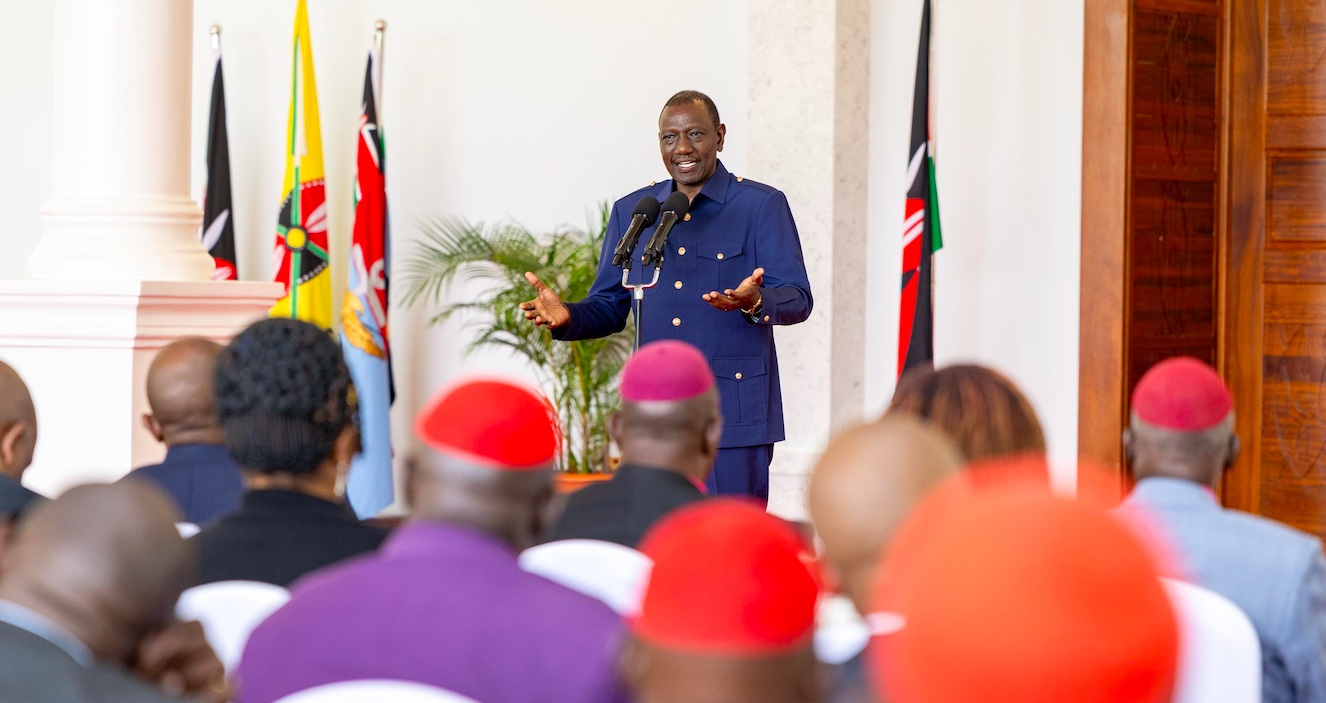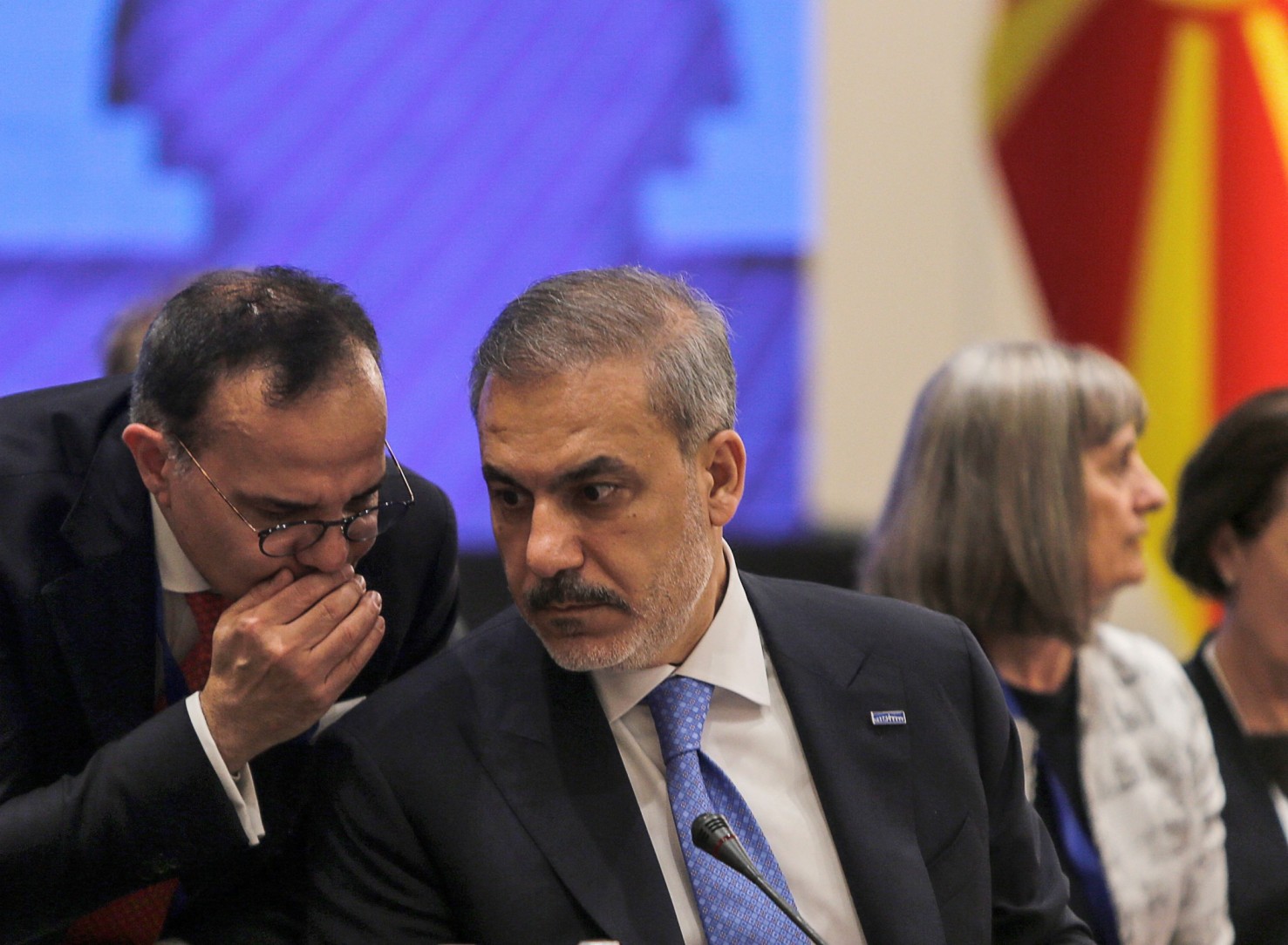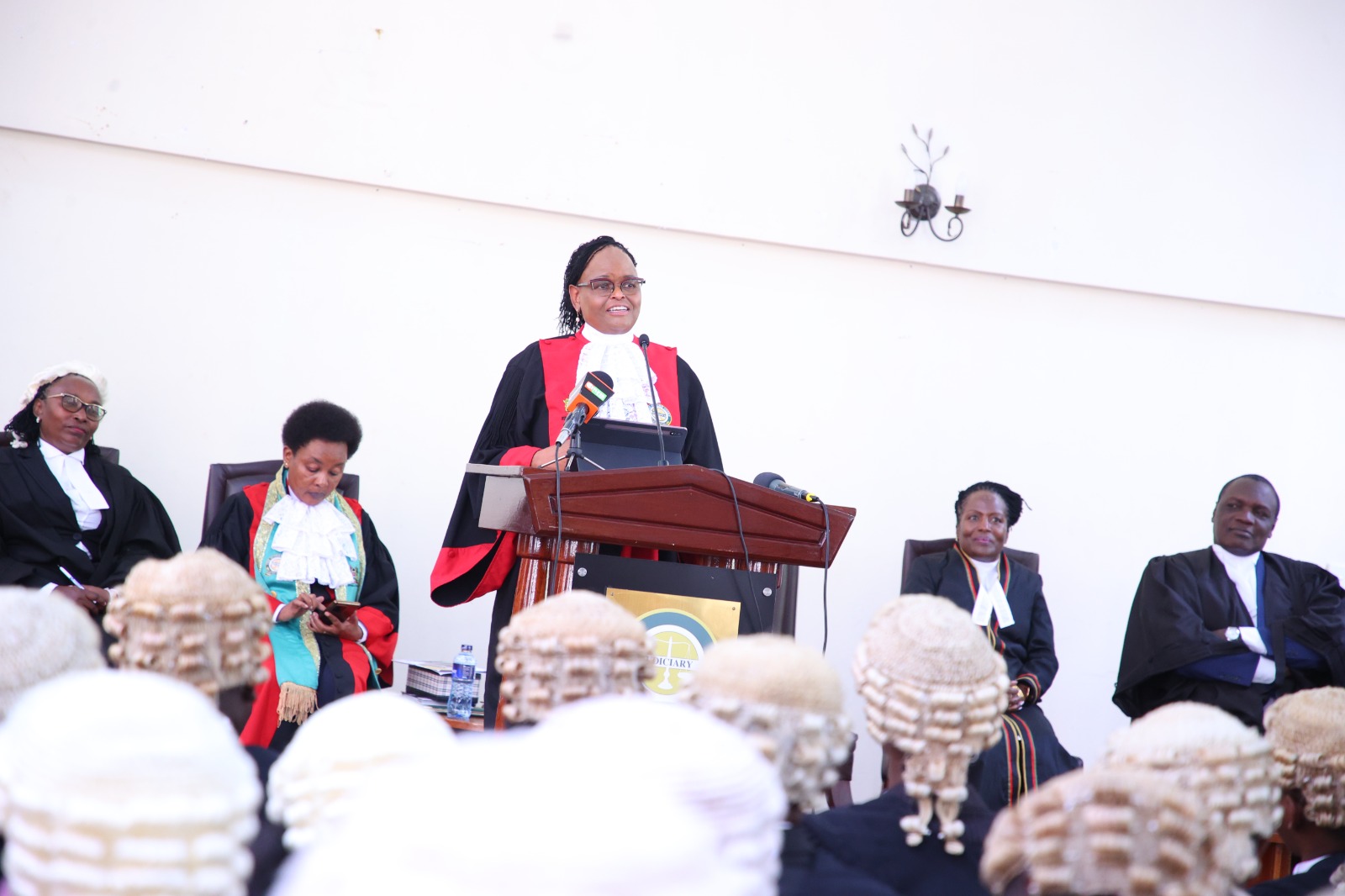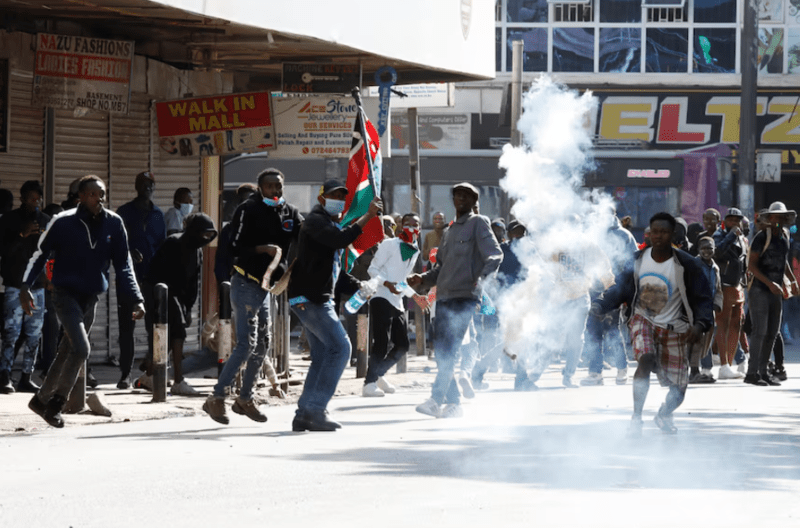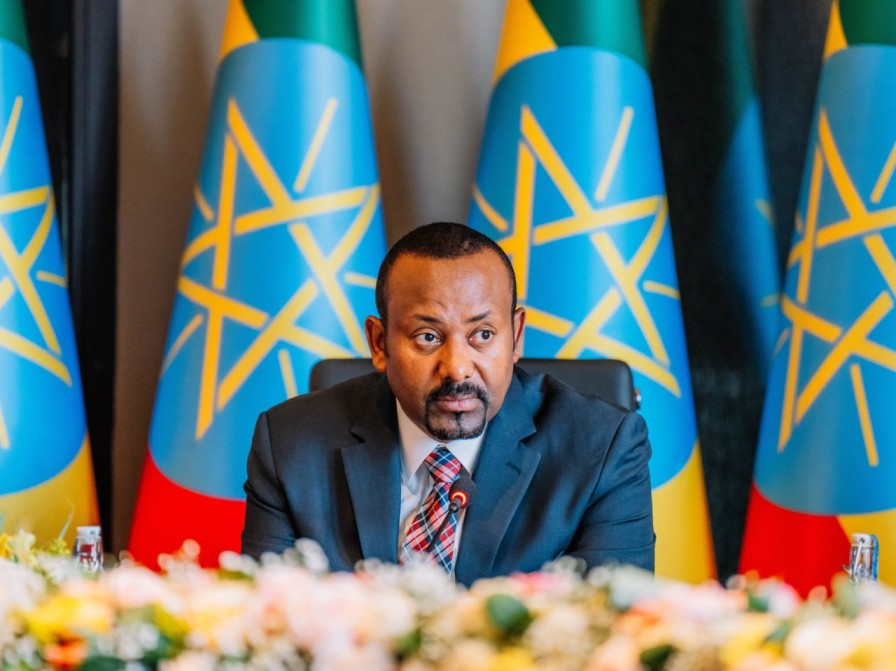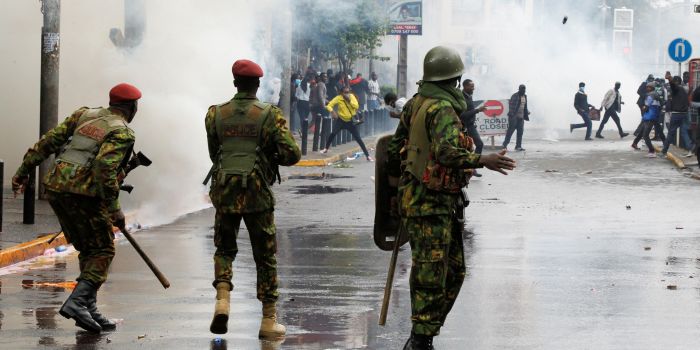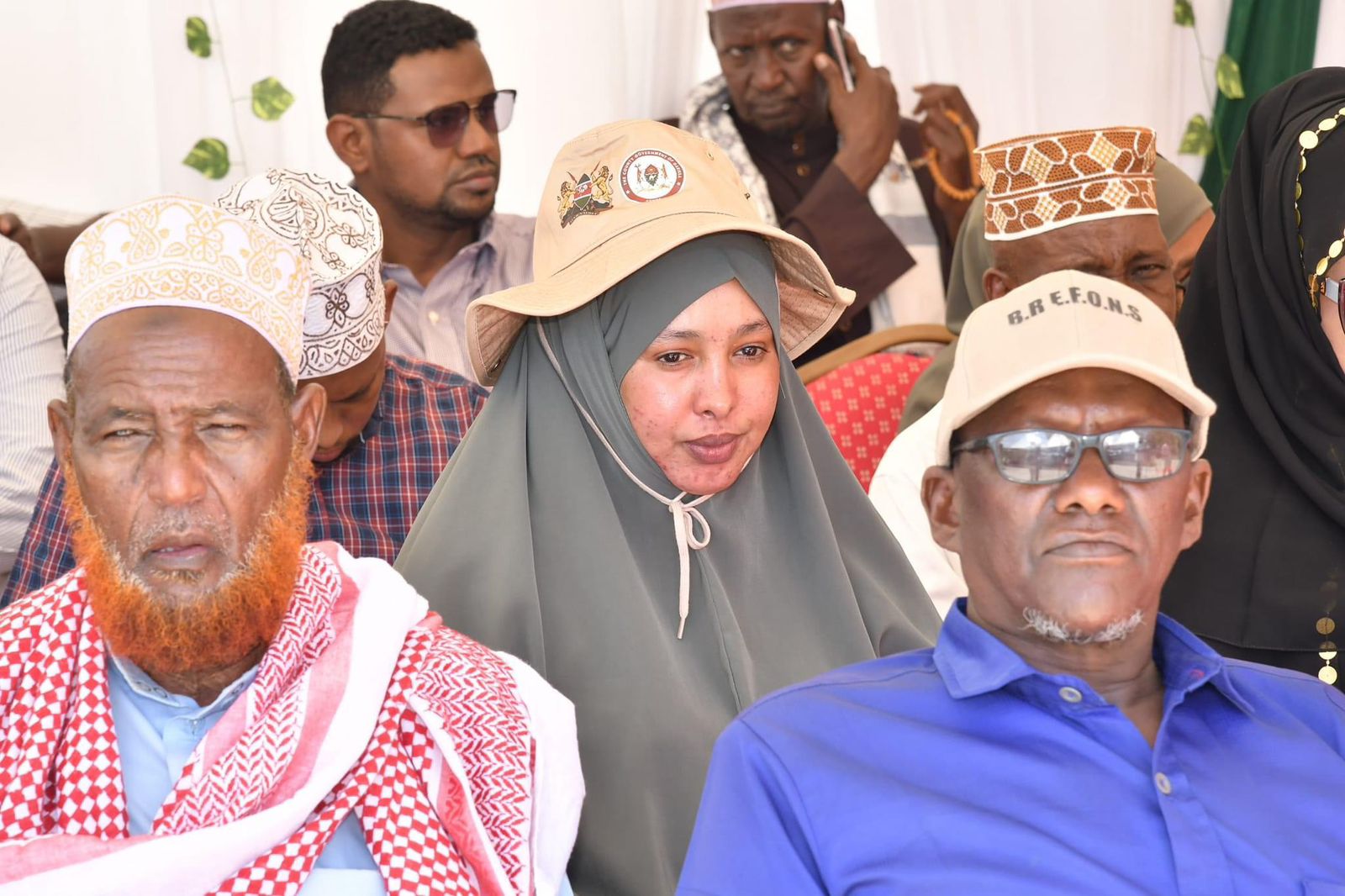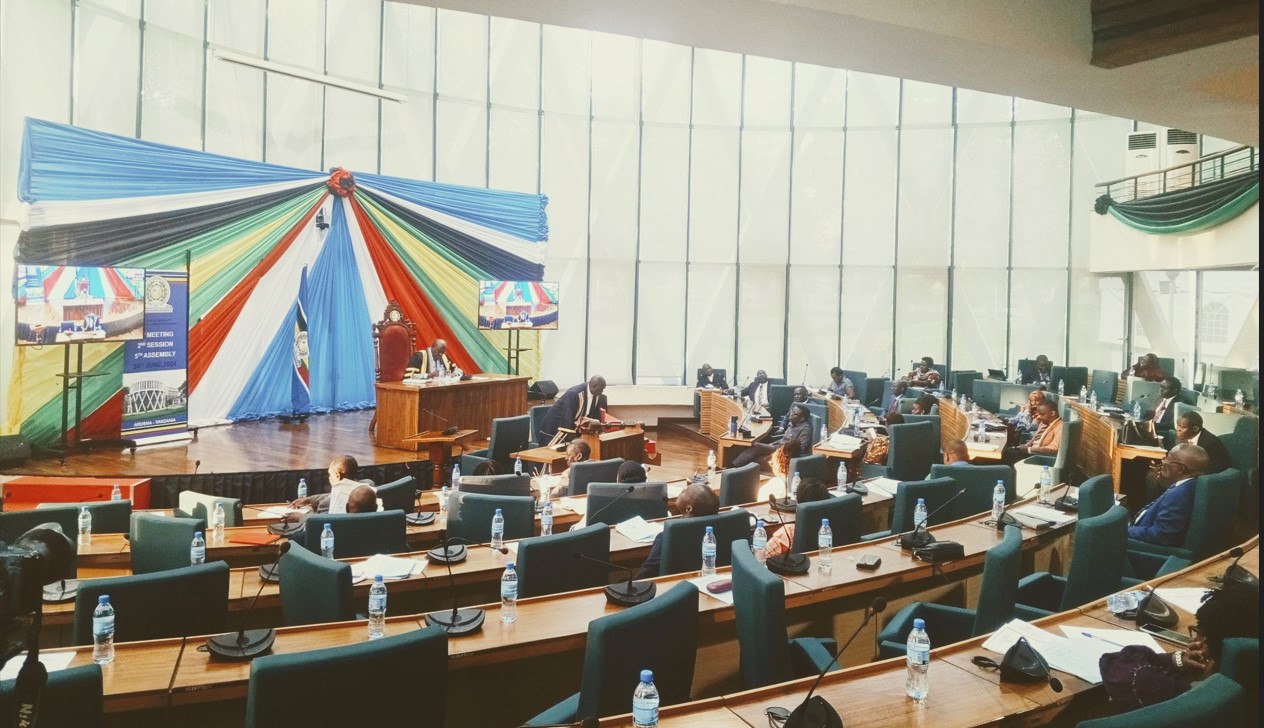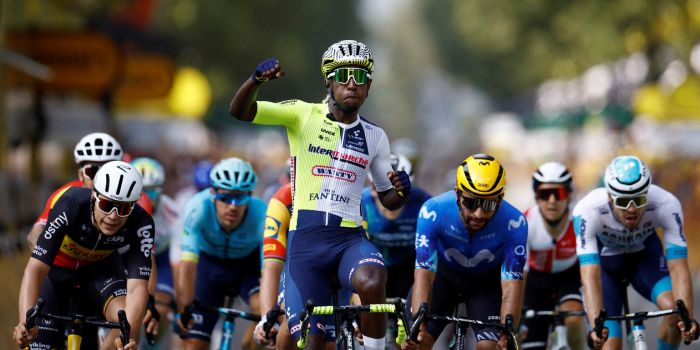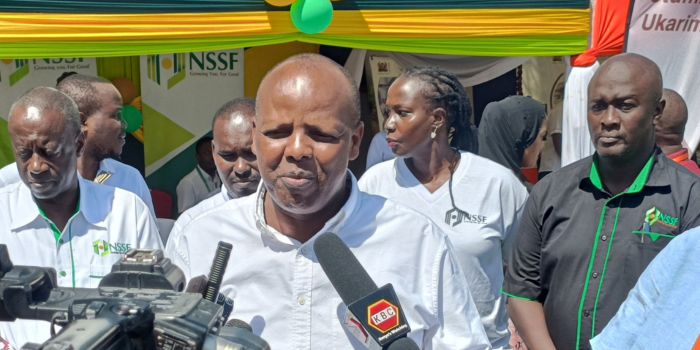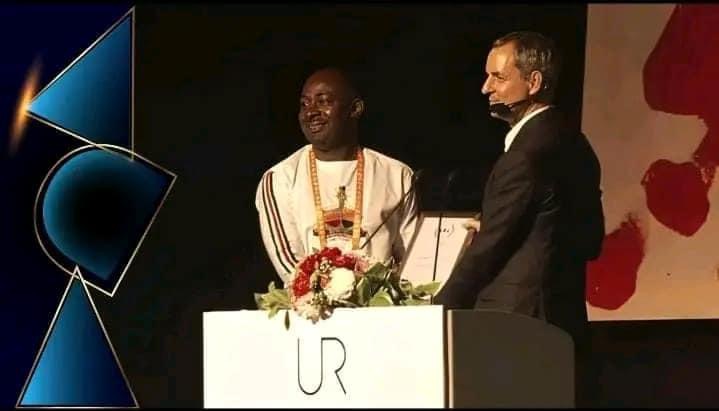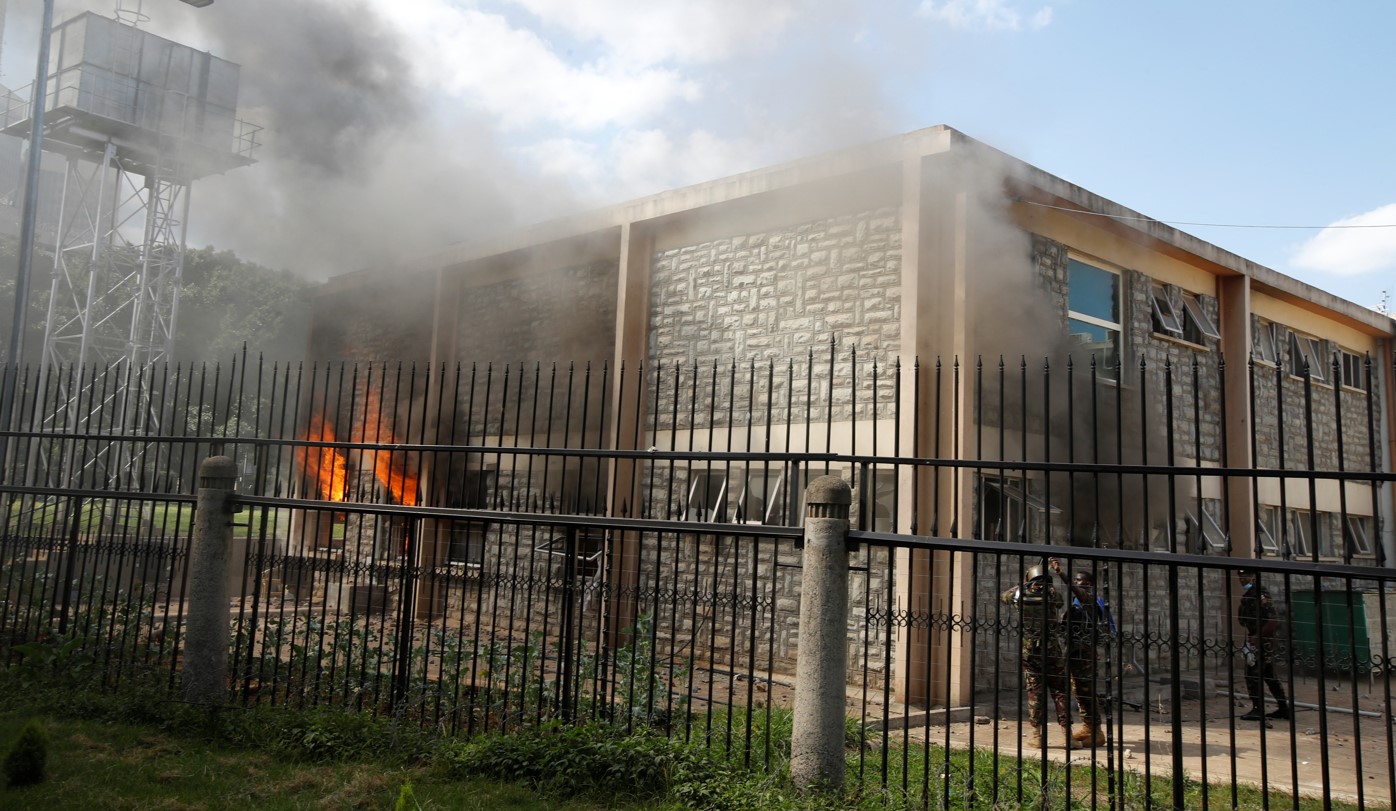Mombasa Governor Abdulswamad explains genesis of Muguka row
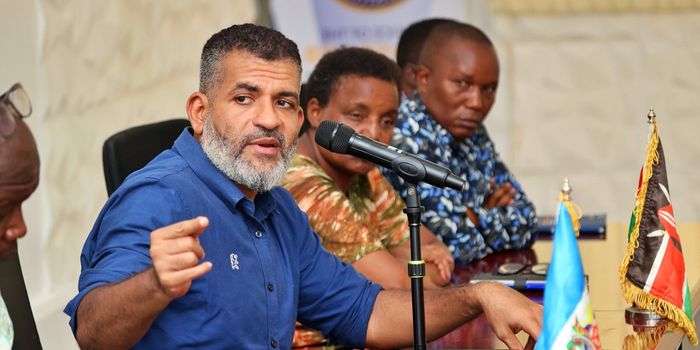
By John Mbati |
According to the governor, he first reached out to traders, pleaded with them to intervene, and highlighted that 30 per cent of individuals consuming Muguka in Mombasa were underage.
Mombasa Governor Abdulswamad Sherrif Nassir has explained the genesis of the row on Muguka, detailing how he attempted to seek dialogue with relevant stakeholders before taking action against the product.
Speaking on Citizen TV on Sunday, the vocal governor stated that he raised awareness of the effects of the production while serving as Mvita Member of Parliament and even after his inauguration in September 2022.
Keep reading
Immediately after succeeding former Governor Hassan Ali Joho, Abdulswamad assessed the impact of the product on Mombasa residents and realised that the crisis was worse than it was projected.
“It's always been a crisis. It’s just that everyone was always sweeping it under the carpets but it’s always been a crisis,” he explained.
“I raised this matter when I was a Member of Parliament in 2020 and talked about it two months after being sworn in,” he added.
According to the governor, he first reached out to traders, pleaded with them to intervene, and highlighted that 30 per cent of individuals consuming Muguka in Mombasa were underage.
He added that consumers aged 20 and above also started hooking themselves up to the products while they were below the age of 18. The Eastleigh Voice could not independently verify this data as the governor stated that it was based on research conducted by the county.
He said that about 11,000 boys and 11,000 girls from primary to secondary and tertiary levels were interviewed in Mombasa to understand the prevalence of the product.
One of the factors stated for the consumption, according to the research quoted by the governor, was the availability of Muguka near their school gates.
“It's not something that is unique. It's just that now is the time that someone has today enough is enough,” the governor emphasised.
“The product is so cheap and easily available. You talk to people who still insist on selling it to young people and you realise that they are taking advantage of them. This is really unfortunate,” he further lamented.
Several leaders from North Eastern Kenya, and the Coast voiced their support for Abdulswamad, who appreciated their backing but insisted that they all were listening to the plight of the local mwananchi.
In May, the governor issued an executive order banning Muguka’s sale and distribution and closed all its outlets. Kilifi’s Gideon Mung'aro issued a similar executive order and directed all enforcement officers to ensure its full enforcement. Taita Taveta County, led by Governor Andrew Mwadime, also banned the product.
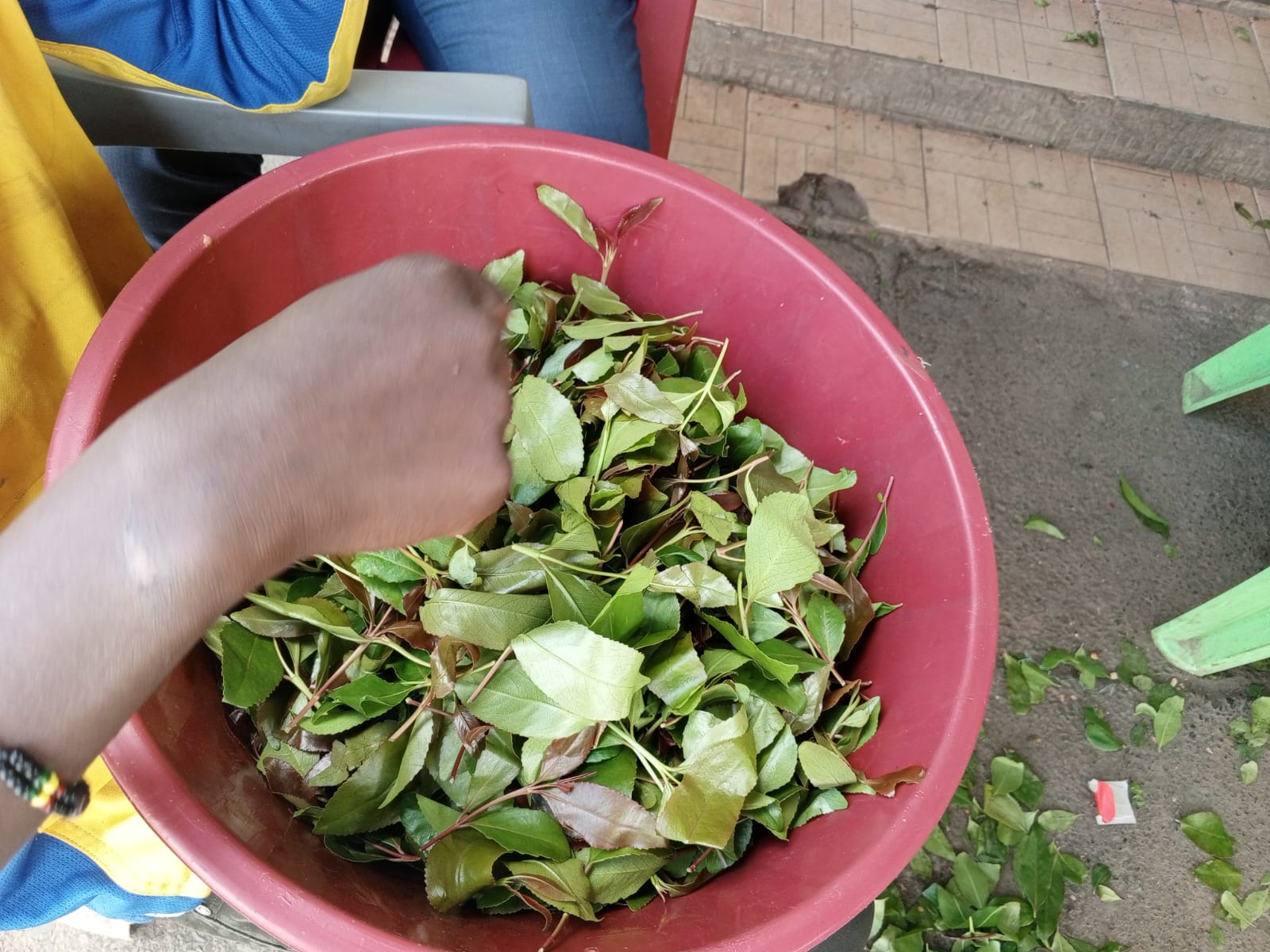 Muguka is sold at California Estate in Eastleigh in this file picture. (Photo: Charity Kilei)
Muguka is sold at California Estate in Eastleigh in this file picture. (Photo: Charity Kilei)
However, President William Ruto nullified the bans and directed the Agriculture Ministry to convene a consultative meeting of key stakeholders to discuss their concerns.
The president, according to Abdulswamad, reached out to all the governors to explain his decision. However, the governors alleged that Agriculture Minister Mithika Linturi was biassed as he appeared aligned with the traders from Embu County.
“We don't speak on behalf of ourselves. When I signed this particular executive order, many people told me, that you know, this is going to be your political deathbed. But I am going to repeat the words that I said during Madaraka Day that I'd rather die standing than live when I'm on my knees,” Abdulswamad told Citizen TV.
“Someone had to do something and you see the ripple effect of all this. Kilifi County has been conversing about this matter for a very long time. It’s been a problem in Kwale (which recently increased Muguka charges from Sh10,000 to Sh300,000 per lorry entering the county) and Tana Riva, Taita Taveta counties,” he added.
He insisted that other stakeholders may view the fight against Muguka as a cash problem while the affected regions assess it from a societal and health perspective.
Why fight Muguka and not Miraa?
The governor emphasised that his action was based on research around rehabilitation centres and hospitals and similar to his fight against other hard drugs such as heroin, he would not relent on opposing Muguka’s sale in his region.
Muguka and Miraa are not banned substances in Kenya. The Kenya Agricultural and Livestock Research Organisation (KALRO) describes muguka as a variety of khat/miraa botanically known as Catha edulis.
It adds that the differences between muguka and khat or miraa are in the levels of cathines and cathinones (the chemicals that cause a feel-good effect) on the users.
Miraa is plucked from the shoot (stem), while Muguka is plucked from the leaves. Miraa is sold at a street value of up to Sh200, while Muguka trades for at least Sh50. Muguka takes up to 7 days to be harvested, contrary to Miraa's 28 days.
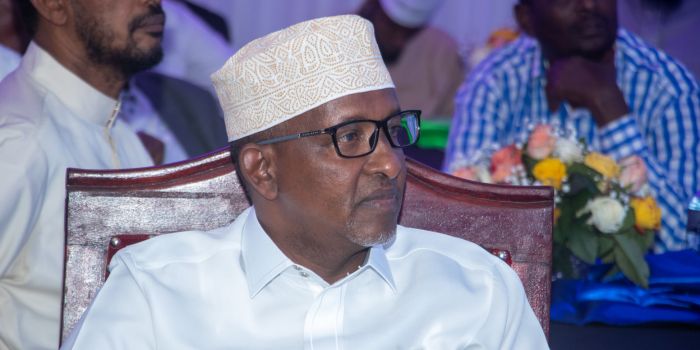 Defence Cabinet Secretary Adan Duale addresses guests on June 2, 2024, during the opening of the HGDA WAQF Tower 2 in Eastleigh South Ward, Nairobi, by the Humanity Growth and Development Agency Education Trust. (Photo: Justine Ondieki/EV)
Defence Cabinet Secretary Adan Duale addresses guests on June 2, 2024, during the opening of the HGDA WAQF Tower 2 in Eastleigh South Ward, Nairobi, by the Humanity Growth and Development Agency Education Trust. (Photo: Justine Ondieki/EV)
CS Duale joins war on Muguka
Defence CS Aden Duale, on Sunday, asked Deputy President Rigathi Gachagua to join the fight against the sale and use of muguka in the country. similar to the war on alcohol and drug abuse in Central Kenya.
"Regarding the emerging story of muguka, I will ask the Deputy President in the next two weeks to call that conference because he is the deputy president of the Republic of Kenya. At the conference, we should candidly discuss the effects (of Muguka) and show evidence of the effects of muguka on certain regions and communities," he stated while commissioning the Waqf Towers in Eastleigh, Kamukunji.
This is a major boost to the local leaders advocating against the product as pressure mounts on the government to regulate the sector.




